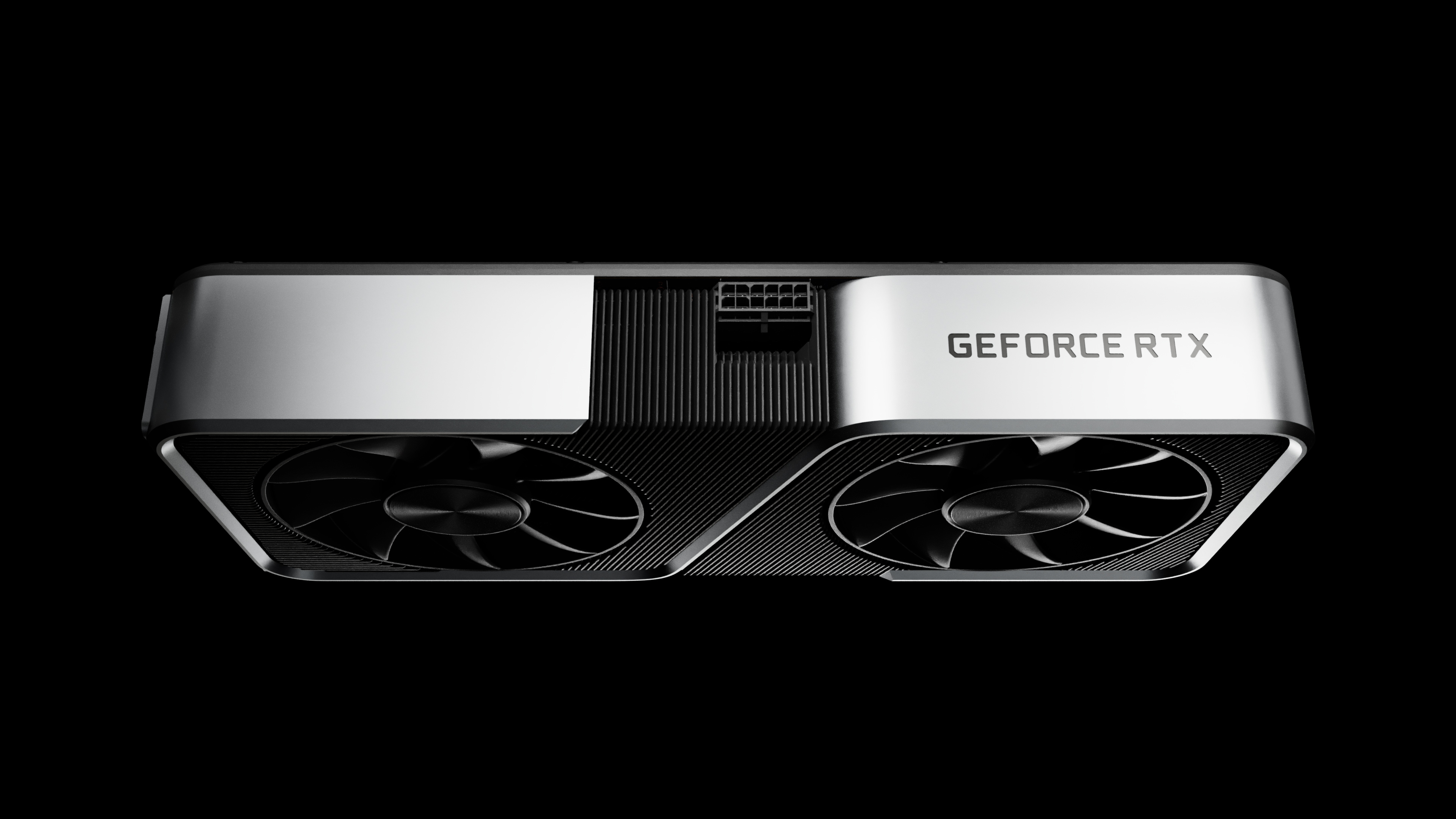Nvidia GPUs hit by mysterious Discord bug that slows frame rates
Memory clock speeds throttled by popular chat app

Sign up for breaking news, reviews, opinion, top tech deals, and more.
You are now subscribed
Your newsletter sign-up was successful
Nvidia GPUs are being messed with by the popular group chat app Discord, with gamers seeing the clock speeds of their graphics card memory running at reduced frequencies.
Tom’s Hardware reports that the latest update for Discord is throttling the clock speed of the card’s video RAM, meaning slower overall performance when the app is running in the background and you’re playing a game (or doing anything graphics-related for that matter).
Nvidia highlighted the problem itself – AMD or Intel graphics cards aren’t affected – but the company didn’t say which models are hit by the slowdown, which leads us to assume that it’s likely all models.
The only commonality between affected graphics cards is that the system they’re in is running the latest version of Discord (Nvidia doesn’t mention if the graphics driver version has any bearing on the situation, either).
Nvidia is going to make an update available for its GPUs that will solve this rather odd issue, but in the meantime, Team Green also shared a workaround in a customer support post, which you can follow here (although it’s a slightly clunky band-aid).
Analysis: An odd bug, for sure – but it may not have all that much impact
This is certainly an odd one, and we’re not really told anything by Nvidia about what might be causing the problem. Tom’s Hardware theorizes that Discord has just enabled AV1 support for Nvidia RTX 4000 GPUs, so the glitch could be wrapped up in the code to do with that.
Of course, the situation could be worse – the clock frequencies of the GPU itself could’ve been affected. And the presence of a workaround, and a solution incoming, is also good to hear.
Sign up for breaking news, reviews, opinion, top tech deals, and more.
Just last night we were using Discord to chat with family while playing Sea of Thieves, and we have to say, we didn’t notice any slowdown on the high seas (using an Nvidia GPU, an RTX 2060 Super to be precise).
It’s not clear how much VRAM clocks are slowed by, Nvidia just says that they won’t reach full speed. From what we can see online, reports (like this Reddit thread) indicate a varying clock speed loss of anything from 75MHz up to 250MHz, which as suggested would not have much of an effect at all on your gaming experience (bearing in mind this is memory speed, not the GPU).
Anecdotally, some folks have observed games crashing, though, and it’s always possible some GPUs will be hit a fair bit harder than others with greater VRAM slowdown – and any loss of frames, even a slight one, isn’t good news, naturally.
Darren is a freelancer writing news and features for TechRadar (and occasionally T3) across a broad range of computing topics including CPUs, GPUs, various other hardware, VPNs, antivirus and more. He has written about tech for the best part of three decades, and writes books in his spare time (his debut novel - 'I Know What You Did Last Supper' - was published by Hachette UK in 2013).